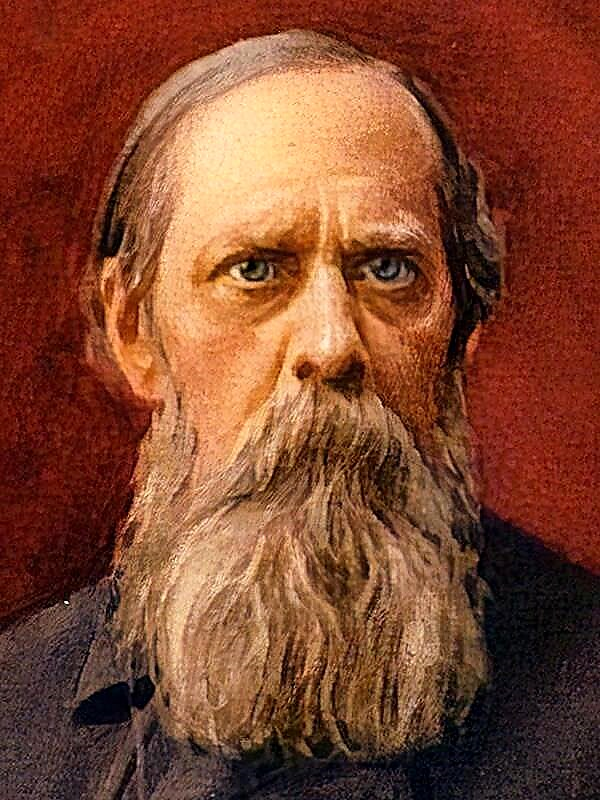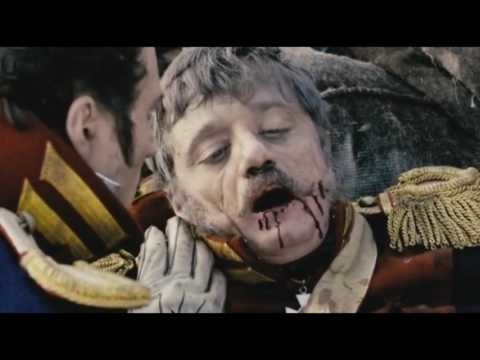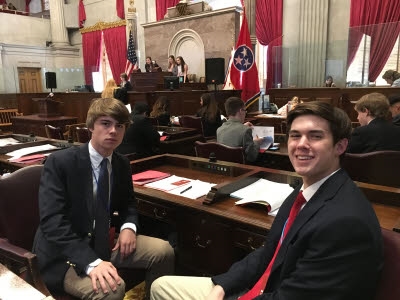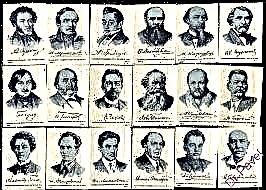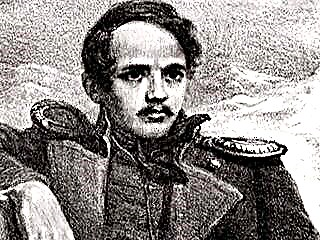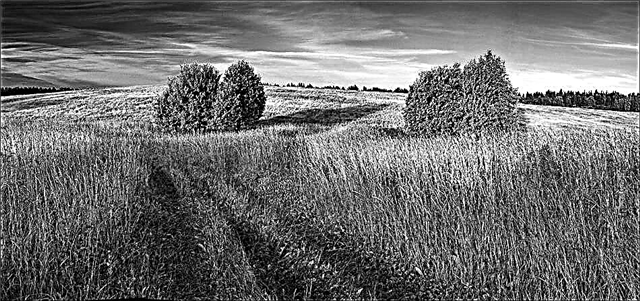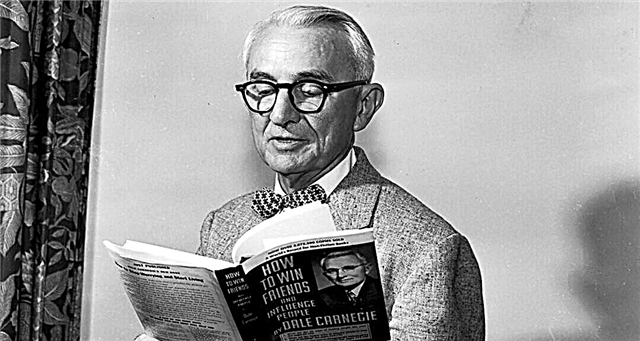For the assassination of a Houston farmer, Mink Snowps was sentenced to life in prison at Parcman Prison, but he did not regret for a moment that he had pulled the trigger. Houston deserved to die — and not because Bill Warner sentenced Mink to work on him for thirty-seven days just to buy his own cow; Houston signed a death sentence when, after the work was completed, he demanded another dollar from arrogant stubbornness for the cow standing in his barn for an extra night.
After the trial, the lawyer explained to Mink that he could get out of prison - in twenty or twenty-five years - if he worked properly, did not participate in the riots and did not attempt to escape. He needed to leave without fail, because Mink was left with one, but very important thing - to kill Flem Snopes, for whose help he had been completely hoping for nothing. Flem suspected that Mink, the most vicious of all the Snowes, would try to get even with him, and when Montgomery Ward Snowes got to the show in his studio obscene French postcards, he did everything to put him in the same prison as Mink, For the proposed Flem Montgomery Ward bribed his relative to flee, although only five years were left before the end of the twenty-year period, and warned the guards about the escape. Mink was captured and added another twenty years, which he decided to honestly sit out, and therefore, after eighteen years, refused to participate in the escape, which his barrack neighbors planned, which almost cost him his life.
Mink went free, having served thirty-eight years; he did not even suspect that during this time two world wars had died. The petition, thanks to which the sixty-three-year-old Mink was released a little earlier than the due date, was signed by prosecutor Gavin Stevens, V.K. Ratlif and Linda Snopes Kohl.
Kohl is the last name of the Jewish sculptor Linda met in Greenwich Village, and this meeting led to the fact that a year and a half after leaving Jefferson, she sent Gavin Stevens an invitation to the event, which he outlined in a conversation with V.K. Ratlif as a "new home," since not only talk about the wedding, but also about the civil registration of marriage was out of the question. At that time, Ratliff did not go to New York with Stevens, not considering it necessary to honor such an indefinite triumph with his presence. But in 1936, when - before going to war in Spain - Barton Kohl and Linda decided to formalize their relationship, he willingly made the company to a friend prosecutor.
At the same time, Ratlif intended to finally see those Virginian hills where his distant Russian ancestor fought in the ranks of the Hessian mercenaries of the British against the revolutionary American army and where he was captured, after which he settled permanently in America; from this ancestor, whose surname no one remembered for a long time, Ratlif got the name Vladimir Kirillich - carefully hidden behind the initials of V.K. - which for one and a half centuries invariably fell into his family to his elder sons.
In Spain, Barton Kohl died when his bomber was shot down over enemy positions; Linda received shell shock from a mine explosion and has since completely lost her hearing. In 1937, at the Memphis Airport — passenger trains through Jefferson had already stopped running by this time — she was met by V.K. Ratlif, Gavin Stephen and his nephew Charles Mallison.
It was worth Ratlif and Charles to see how Gavin and Linda met after many years of separation, how they looked at each other, and it immediately occurred to both of them that the old bachelor and the young widow were bound to get married, so everyone would be calmer. It seems to be the way it was supposed to happen, especially since Gavin and Linda spent a lot of time alone - he was engaged in voice-posing with her, after a concussion that became creaky, some kind of duck. But in vain Charles Mallison waited for him to receive a marriage invitation at Harvard; the fact that the alleged connection of his uncle with Linda cannot remain officially unformed like the connection between Yula and Manfred de Payne, neither Charles nor Ratlif had any doubts - Linde clearly lacked that aura unconditional, under no circumstances jurisdictional femininity, which her mother possessed, and Gavin was by no means de De Spain. So, there was no connection.
In Jefferson, Linda found herself a field of activity - improving the Negro schools, but soon the Negroes themselves asked her not to impose on them the help for which they had not applied. So she had to confine herself to Sunday classes, in which she retold the myths of different nations to black children. The only associates of Linda in her socio-reformist aspirations were two barely speaking Finns in Finland, who were reputed to be Communists, but who never found in Jefferson and throughout Yoknapatof a proletariat that was kind to their hearts.
The widow of a Jewish Communist, who herself fought in Spain on the side of the Communists, and now secretly holding the ticket of the Communist Party and in front of the whole city with Negroes, Linda met with incredulity and hostility everywhere. Sooner or later, the FBI paid close attention to her. The situation changed a bit only when the Russians and Americans found themselves allies in the war with Hitler. At the beginning of 1942, Linda left Jefferson for Pascagulu and went there to work for a shipyard that built transports for Russia.
Before leaving, she made a promise from Gavin that in her absence he would marry, and he really married Melissandra Gariss, nee Backus, whom he had once fallen in love with at the dawn of his youth. Melissandra managed to get married to a major gangster and give birth to two children from him, now adults; she had no idea about the source of her husband's considerable incomes until they shot him in broad daylight at the New Orleans hairdresser.
Meanwhile, from the moment Flem crushed Sartoris’s bank and settled into residence in de Spain’s family nest, he seemed to be satisfied with what was achieved, and his relatives went to prison, some back to the French Balka, and some away, Jefferson remained more or less free from Snopes. If they appeared in the city, then somehow fleetingly, passing through, like Senator Clarence Snopes - Clarence, a policeman from the French Beam, old Bill Warner eventually spent in the Mississippi state legislature, where he honestly worked out the money invested in him; however, when the senator put forward his candidacy for the United States Congress, at an election picnic V.K. Ratlif played a rather cruel joke with him, which ridiculed the whole district and irrevocably deprived Snopes of hope for a place in Congress.
Only during the war Flem once stirred, but he didn’t get what he was striving for: Jason Compson bought the pasture — once sold by his father to send to Harvard Quentin for the proceeds — and profitably handed it to Flem, whom he managed to to convince that the state will give good money for this section, since it is the best suited for the construction of an airfield; but the grateful state will be appropriated to the airfield, thereby perpetuating the name of Flem Snopes. When Flem realized that there would be no airfield on the land he acquired, he put it into development.
New houses after the war were even needed, since the returning soldiers, for the most part, quickly got married and had children so fast. Everyone had a lot of money: someone deserved them at the front at the cost of their own blood, someone thanks to the incredible wartime earnings; the same Linda received at her shipyard as much as four dollars an hour.
Against the backdrop of the general prosperity that has forced even Finnish communists to slowly start investing extra money in stocks, and the lack of obvious social injustice, the building of a new Negro school, for example, surpassed the old school for whites by all standards - Linda at first to return to Jefferson remained idle and basically sat in the house at de Spain, drinking whiskey. But then she found out from somewhere about a relative languishing in Parchman and, with the help of Gavin Stevens and V.K. Ratlif, began to fervently set about releasing Mink.
Gavin, as well as Ratlif, was quite clear what Mink would do when he was released, but he couldn’t refuse Linda. Not wanting, however, to become an accomplice in the murder, Gavin agreed with the head of the prison that he would release Mink with one indispensable condition: Mink would take two hundred and fifty dollars upon exit and would receive a thousand for life every year in exchange for an oath not to cross the borders of the state of Mississippi.
Mink was released on Thursday, and on Friday Gavin found out that Mink had outwitted everyone - he took the money from the boss, but then he transferred it back with the prison gatekeeper and was thus free now with a dozen in his pocket and determined to kill Flem Snopes. No matter how disgusting he was to do this, Gavin went to Flem and warned him of the danger, but the banker listened to him with strange indifference.
It was easy to guess that Mink would need a gun and that he would go to Memphis to follow him, Gavin used his connections to put the entire Memphis police on their feet, but this did not bring any results. Only on Wednesday he was informed by telephone that, according to police, on Monday in a mortgage shop, a man who, according to a description similar to Mink, sold a gun for ten dollars, which, however, was unlikely to be suitable for anything. But by this time, Gavin already knew that the revolver was working - the day before, on Tuesday, it worked.
Outside the gates of the prison, Minka met a world a little like the one he had left thirty-eight years earlier — now even a can of sardines, which, as he well remembered, could be bought everywhere for five cents, cost twenty-three; and all the roads became solid and black ... Nevertheless, he overcame the stylish path to Memphis - even if not in a day, but in three. Then he was lucky, and he miraculously bought a revolver, without drawing the attention of the police; he was even more fortunate in Jefferson when he entered Flem’s house only half an hour before a voluntary assistant sheriff was to take his nightly post under his windows.
Flem seemed to be waiting for him and did not try to do anything to save his life, even when the revolver misfired from the first shot, but simply silently looked at Mink with his empty eyes. When Flem fell with a shot through his head, Linda appeared on the threshold of the room and, to the surprise of the killer, calmly showed him a safe exit from the house.
After the funeral, Linda straightened the deed of gift, by which the house and estate were returned to de Spain, and she was going to leave Jefferson forever. For departure, a gorgeous "jaguar" was prepared for her. When he saw him, Gavin realized that Linda knew from the very beginning what Mink who had left the prison would do - it would take at least a couple of months to get such a car out of London or at least from New York.
When Linda finally left, Ratlif shared with Gavin Stevens the hope that she had no daughter in store somewhere, and if her daughter exists, that she would never appear in Jefferson, for the third Yula Warner, the sixty-year-old Gavin could not stand it anymore.

